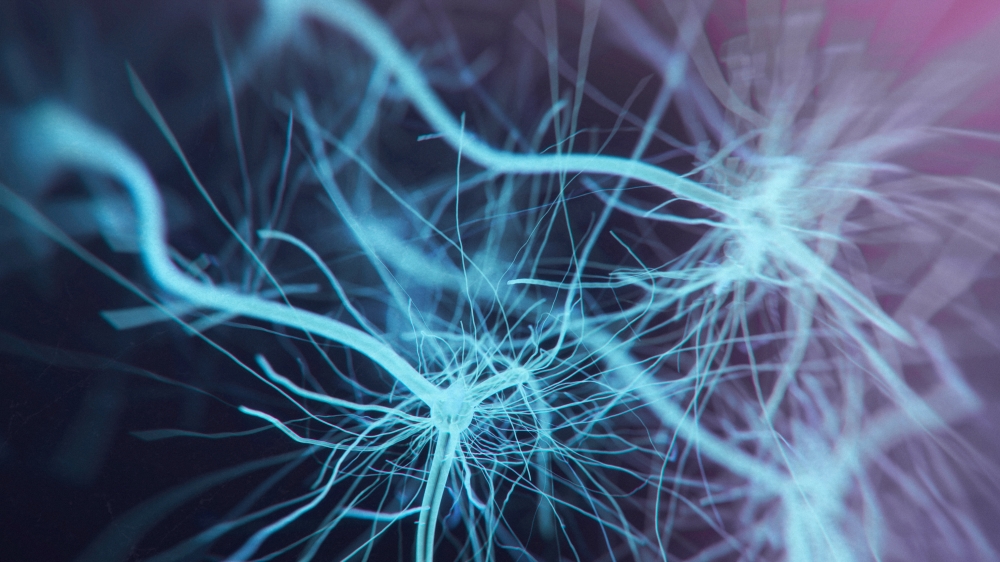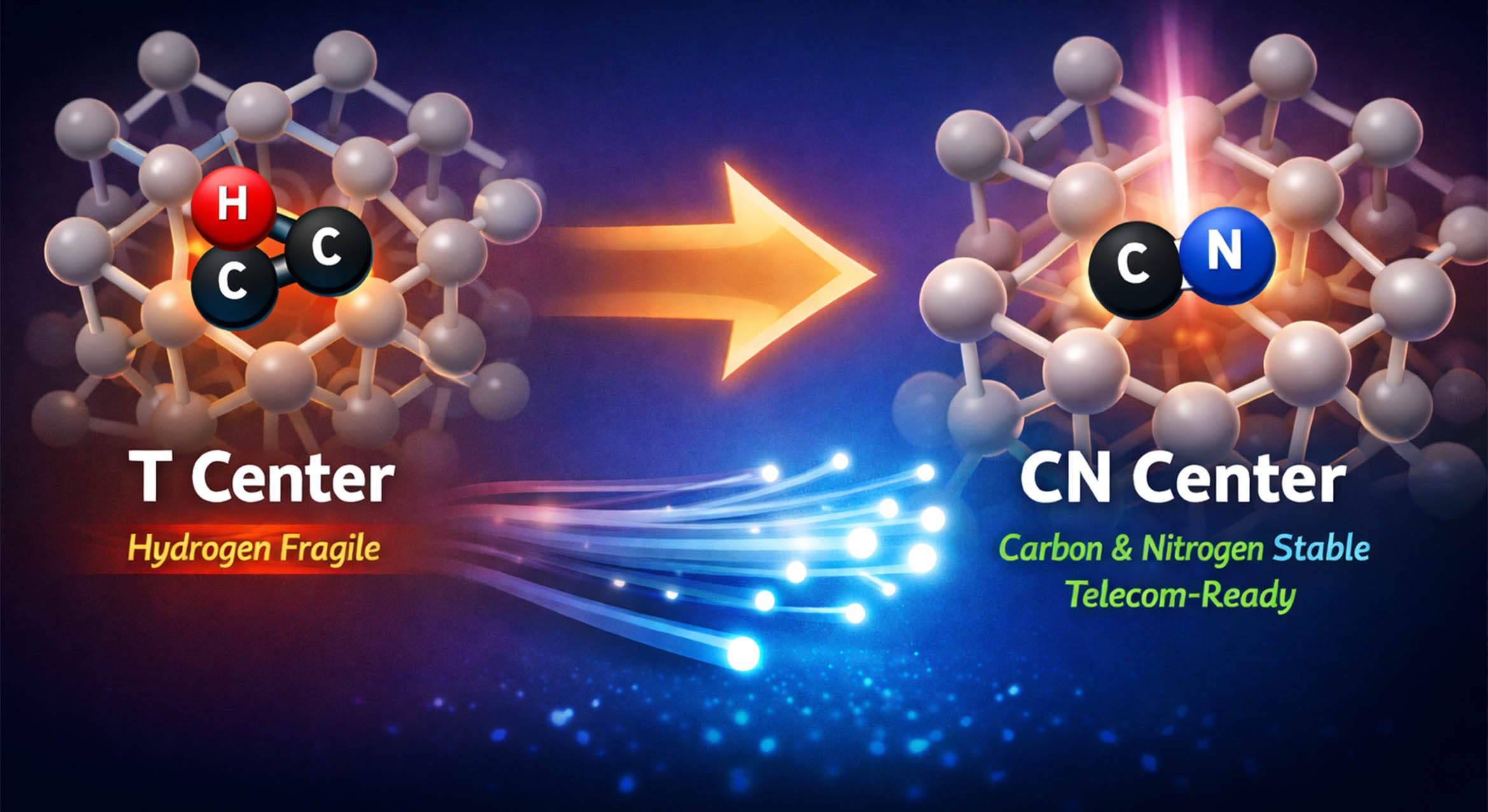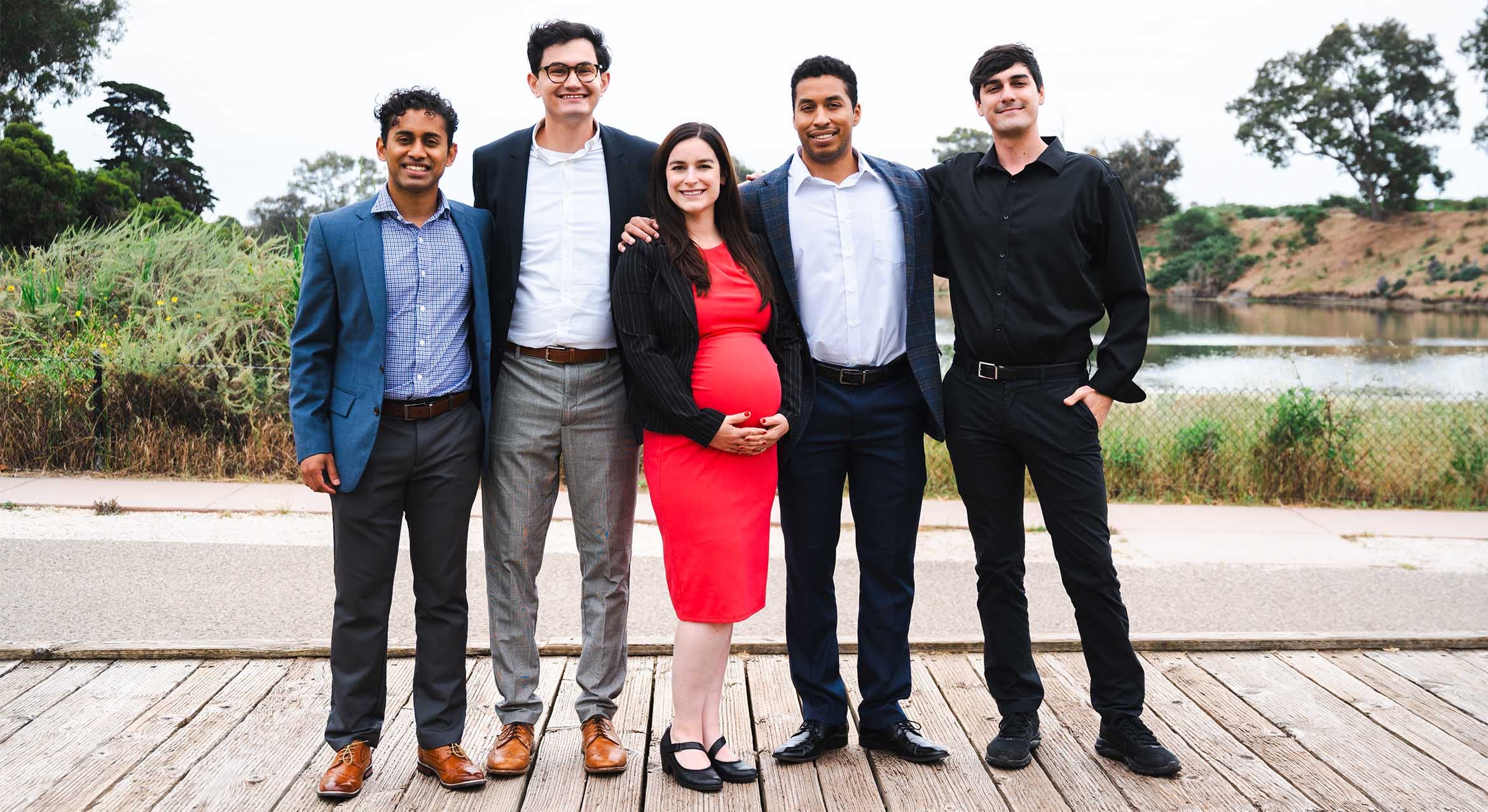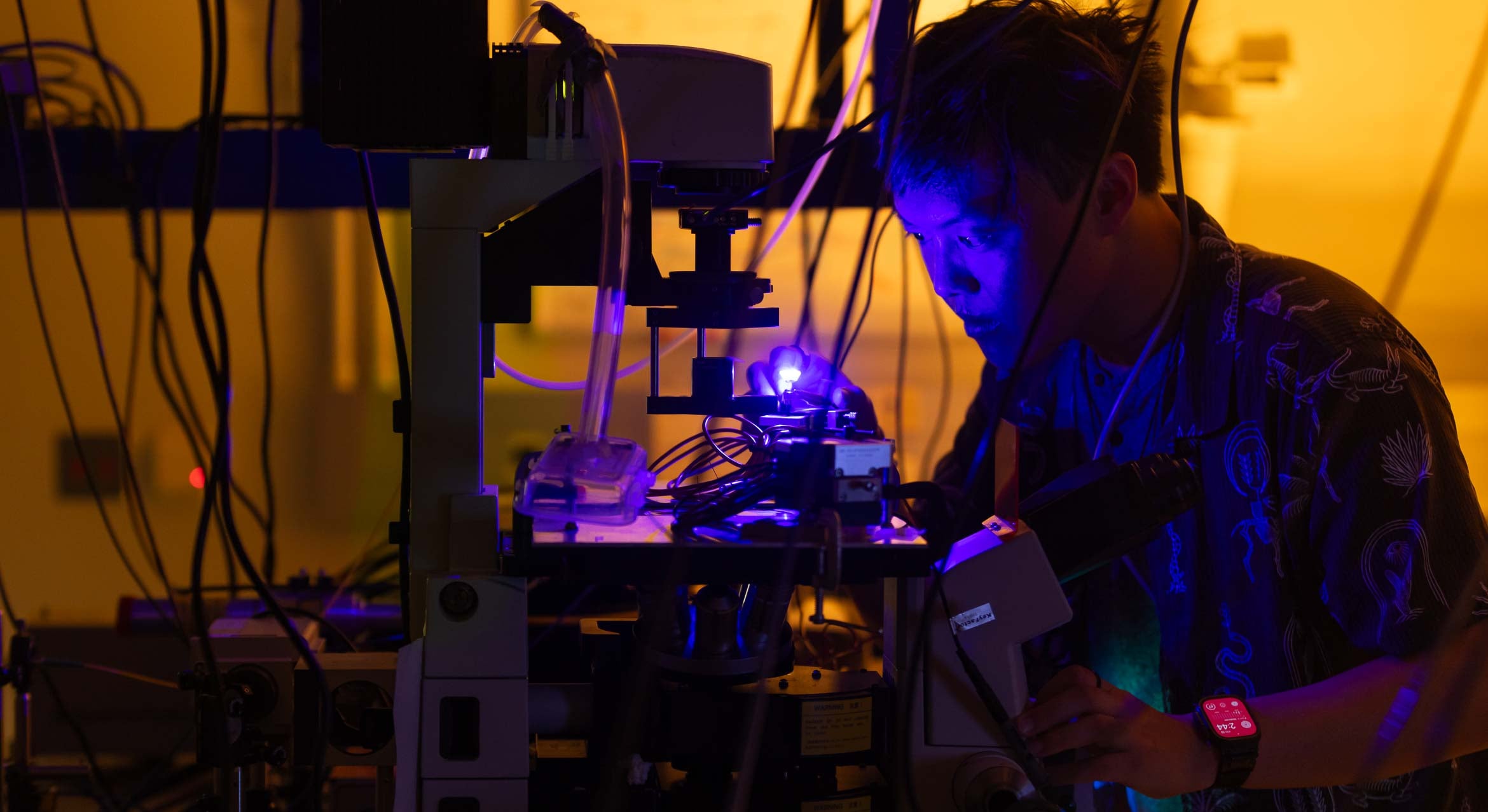
Brains in Attendance
Neurons were firing, fast and furious, when UC Santa Barbara brain scientists and scholars converged for the inaugural Kavli BRAIN Showcase. The half-day event, which explored new research and opportunities for interdisciplinary collaboration, featured talks by campus researchers aimed toward their colleagues and educated non-specialists.
Co-sponsored by the UCSB Brain Initiative, the SAGE Center for the Study of the Mind, the Neuroscience Research Institute, and the Kavli Foundation, the showcase is organized by the SAGE Center’s four junior fellows. These postdoctoral researchers were selected based on the excellence and originality of their scholarship and their potential to advance knowledge in their field.
The 2018-2020 class of fellows includes neuroscientists Caitlin Taylor and Mary MacLean, physicist Eyal Karzbrun and biophysicst Dhananjay Thakur.
Since its inception 13 years ago, the SAGE Center has strived to bring together scholars from varying academic disciplines, according to Distinguished Professor Michael Gazzaniga, the center’s director. “Our current group of SAGE junior fellows reflect this goal,” he said, “with physicists, engineers and neuroscientists coming together to think about the brain and mind.”
Interdisciplinary collaboration is particularly important, if not downright necessary, in neuroscience, according to Thakur. The areas of inquiry span so many subjects that solving them requires making connections outside your own lab, or even department.
Assistant Professor Matthieu Louis, a neuroscientist based in the Department of Molecular, Cellular and Developmental Biology, agrees. “Brain science is too broad [a topic] to be linked to one specific field. We are providing a cross-disciplinary platform for the SAGE Fellows to explore and fulfill their creative potential together,” said Louis, who oversees the junior fellows together with Emily Goard Jacobs, an assistant professor in the Department of Psychological & Brain Sciences.
Researchers from different departments contribute diverse perspectives on questions in cognitive science. “How does a three-pound mass of neural tissue enable the vast complexities and capabilities of the mind?” asked Jacobs. “To crack the neural code we need biologists, psychologists, physicists and philosophers at the same table.”
This is exactly what the SAGE Junior Fellows Program provides, she said, and what the group hopes to promote at the Kavli BRAIN Showcase.
The event featured a total of eight 10-minute talks by faculty, followed by six short presentations by postdocs. The diverse group of presenters spans most of the natural science departments on campus, including chemistry; geography; electrical and computer engineering; and molecular, cellular, and developmental biology. Topics ranged from the role inhibition plays in sequential action choice to efforts to understand human navigation through neuroscience and virtual reality. The junior fellows intend each presentation to promote new connections and conversations.
The SAGE Center has also invited experimental psychologist Charles Spence and Chef Jozef Youssef to discuss the interface between gastronomy and neuroscience. Spence and Youssef founded Kitchen Theory, a studio, kitchen and lab focused on understanding how the senses alter our perceptions of flavor and using that knowledge to inspire new dishes and culinary techniques. Spence and Youssef described their collaborative work in a joint presentation that closed the meeting.
The Kavli BRAIN Showcase kicked off a new year of the SAGE Center’s biweekly Brain Lunches. Every other Thursday researchers studying different aspects of the brain come together to discuss their work in an informal setting. Faculty, postdoctoral researchers and senior Ph.D. students are welcome to join the initiative and brainstorm about their work. Practical information about the Brain Lunches will be provided during the showcase event.
Professor Ken Kosik, co-director of the Neuroscience Research Institute, expressed his excitement for the event. “The Kavli BRAIN Showcase will bring together the neuroscience community for stimulating presentations and the opportunity to forge new collaborations, often across widely disparate disciplines,” he said.



